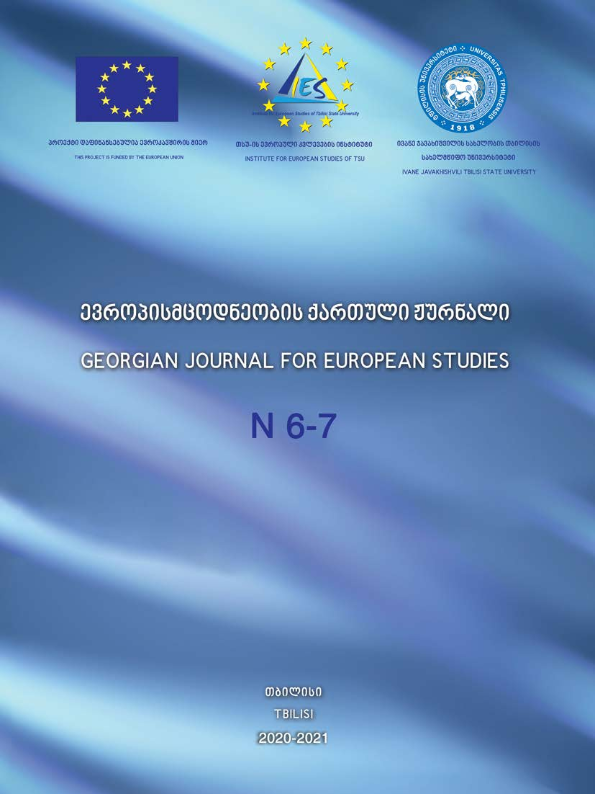POLICY AND INSTITUTIONAL ANALYSIS IN THE EUROPEAN UNION SINCE THE TREATY OF ROME: HISTORICAL PERSPECTIVE
Abstract
The politics of the European Community during transition processes aŌer the Second World War might be partly framed and largely formulated. At that stage the politics in the European Community was not essentially different from the practices of the governments in any democratic system. As in all modern politics, European Community politics is influenced by questions of representation and participation, the distribution and allocation of recourses, and political and administrative efficiency. In order to develop the research, the early literature on institutions and policy-making will be briefly explored. We argue, that the research on the European Union moved from international relations paradigms towards a focus on comparative politics approaches. We also claim, that comparative politics approaches emerged as a major reference point in researching European Union’s institutions and policies. To research the connection between political inputs and outputs on these issues, this article outlines the discourse of “comparative politics”. Finally, the article will contribute to our understanding of the reason for changes in the role of the state, derived from the EU’s development and changing arrangements of state-society relations, with some emphasis of the influence of the European Union on the member states in the context of horizontal and vertical division of powers.


